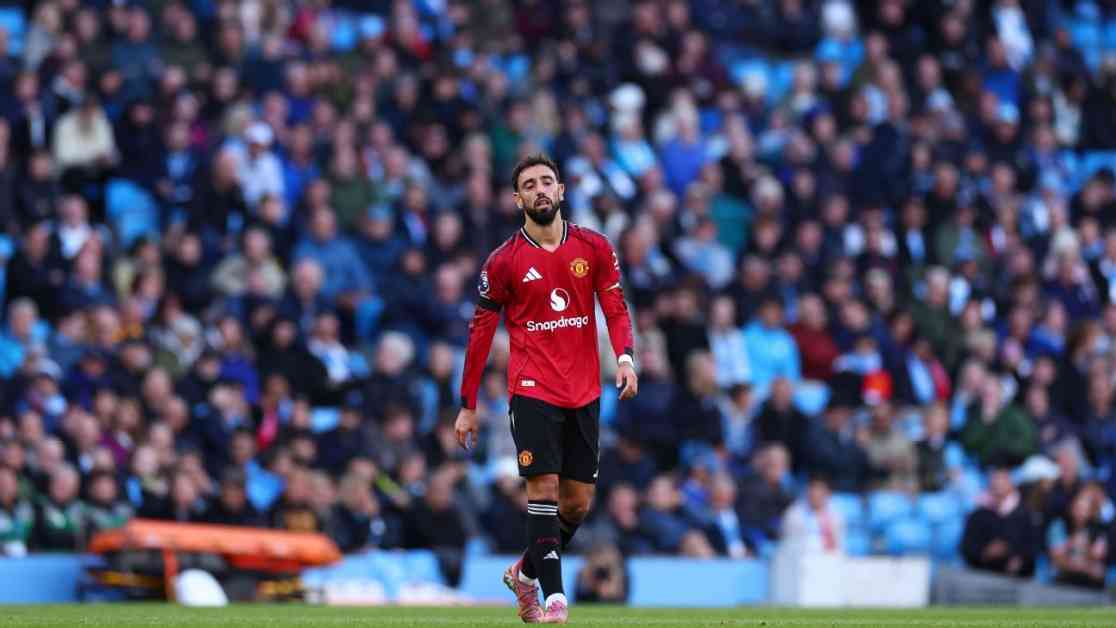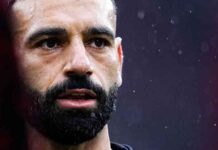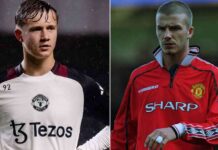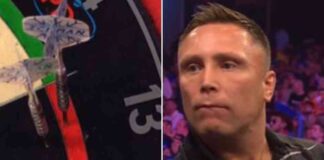Gabriele Marcotti, a senior soccer writer, shared his insights on some popular narratives in the world of football. He delves into the performances of Liverpool, Manchester United, Barcelona, and Arsenal, providing his take on whether these narratives hold true or not. Let’s take a closer look at each of these scenarios and see how they stack up in the grand scheme of things.
‘Liverpool’s somewhat disappointing early-season performances and results are largely down to decisions made in the transfer window’
Liverpool’s recent struggles have raised eyebrows, with fans and pundits alike questioning the impact of the club’s transfer activities. The departure of key players like Trent Alexander-Arnold, Luis Díaz, and Darwin Núñez has left a noticeable void in the team. While the addition of new talents like Milos Kerkez, Jeremie Frimpong, Hugo Ekitike, Alexander Isak, and Florian Wirtz shows promise, integrating them into the squad seamlessly takes time. The disruption caused by bringing in multiple new starters can be challenging, as seen in Liverpool’s inconsistent performances this season.
‘Ruben Amorim needs to be flexible and not be so pig-headed about using his 3-4-2-1 system’
Manchester United’s struggles under Ruben Amorim’s tactical approach have sparked debates among fans and analysts. The insistence on sticking to a specific system, despite poor results, has raised questions about the manager’s adaptability. While changing tactics might seem like a solution, it could also mean undermining the very foundation that led to Amorim’s appointment in the first place. The dilemma lies in finding the right balance between staying committed to a system and being open to adjustments when necessary.
‘Barcelona’s high defensive line is a problem’
Barcelona’s defensive vulnerabilities have been exposed in recent matches, leading to concerns about their high defensive line strategy. While the tactics themselves are not necessarily flawed, the execution and personnel issues have hindered their success. Playing a high line requires exceptional defenders who can handle the demands of defending in space and running back towards their own goal. Barcelona’s current defensive lineup, featuring young and inexperienced players, has struggled to cope with these demands, highlighting the importance of having a solid defensive unit to support such tactics.
‘Arsenal were smart to add depth to their side and can now legitimately challenge for silverware domestically and in Europe’
Arsenal’s strategic moves in the transfer market have bolstered their squad depth, offering more options and flexibility to manager Mikel Arteta. The addition of new players like Kepa Arrizabalaga, Viktor Gyökeres, Eberechi Eze, Noni Madueke, Christian Norgaard, and Piero Hincapié has strengthened the team’s overall competitiveness. With a stronger squad at his disposal, Arteta faces the challenge of managing rotations effectively while maintaining the chemistry and consistency that have been key to his past successes. The shift to a larger squad requires a different approach from the manager, as he navigates the complexities of balancing player rotations and maximizing the potential of his expanded roster.
















